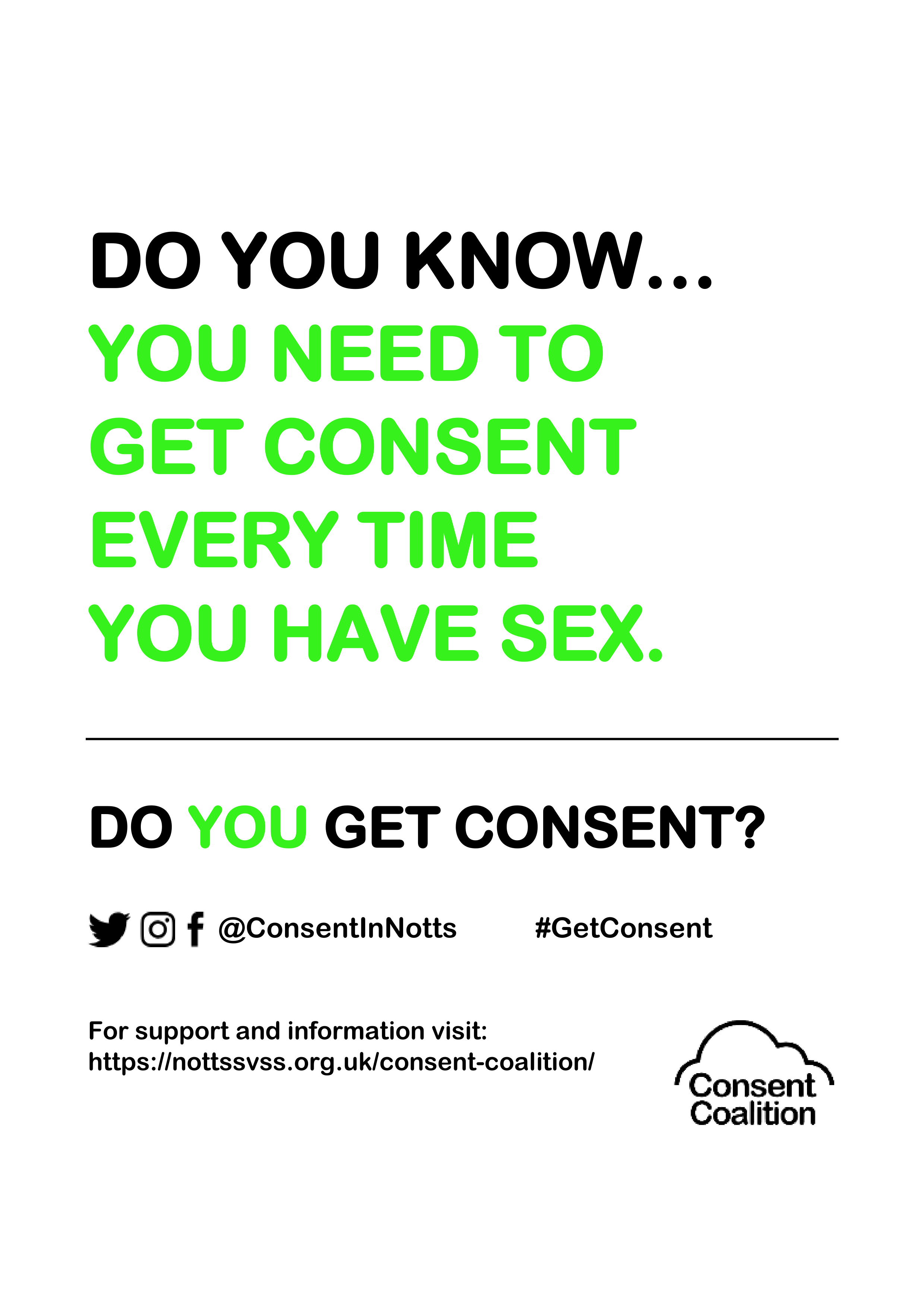Do you know… you need to get consent every time you have sex?
Consent must be given and received every time people engage in sexual activity. The number of times you have met someone has no bearing on sexual consent, whether it’s the first time or the fiftieth time that you’ve met them. The important thing is that consent has been given freely, willingly and by someone capable of giving consent for themselves. When it comes to consent, there are a few key things to remember:
- The person initiating sex is responsible for getting consent. You need to ask yourself if the other person is capable of giving consent.
- You can confirm if you have consent by checking their body language and asking them. Look at their body language and facial expression to see if they are eager and comfortable. If they seem unhappy, or you are not sure they are consenting, stop and ask!
- If they are on drugs or too drunk then they can’t consent. Remember, someone might say yes to sexual activity when they’re extremely drunk or on drugs but if they aren’t capable of making decisions then that can’t count as consent. Would you trust their judgement on any other subject at that moment? If not, then it’s no different. Wait until they are sober, and ask them again.
- Someone who is asleep or unconscious can’t give consent.
- Silence, or the absence of the word ‘no’, doesn’t mean someone has given consent – a clear, affirmative, freely-given ‘yes’ is the only thing that completely indicates consent. Sometimes, victims and survivors are frozen with fear and unable to speak.
- Other things can also affect someone’s capacity to consent, such as serious mental health problems, learning disabilities or a head injury. Having capacity means someone can make and communicate a decision, understand the consequences and know they have a choice.


